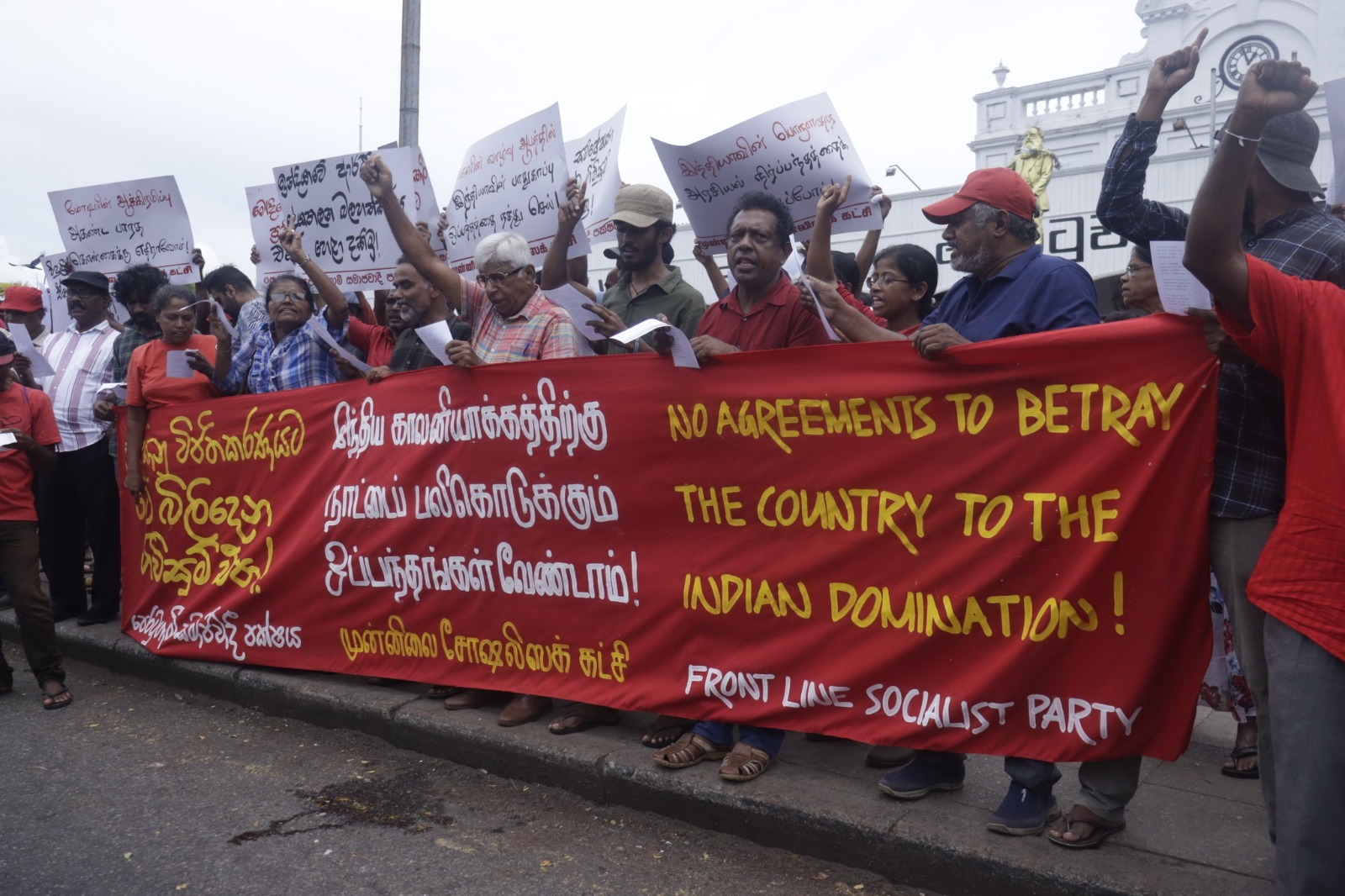Profiting from Northeast disinvestment
The Sri Lankan mobile operator Dialog Axiata made a net profit of 1.69 billion rupees in the September 2010 quarter compared with a loss of 439 million rupees a year ago, Lanka Business Online reported. While this was partially due to cost cutting, the main driver was a huge increase in sales (16.2% or 10.56 billion rupees) and the main area in which sales have increased is mobile – both phones and broadband, according to the report.

